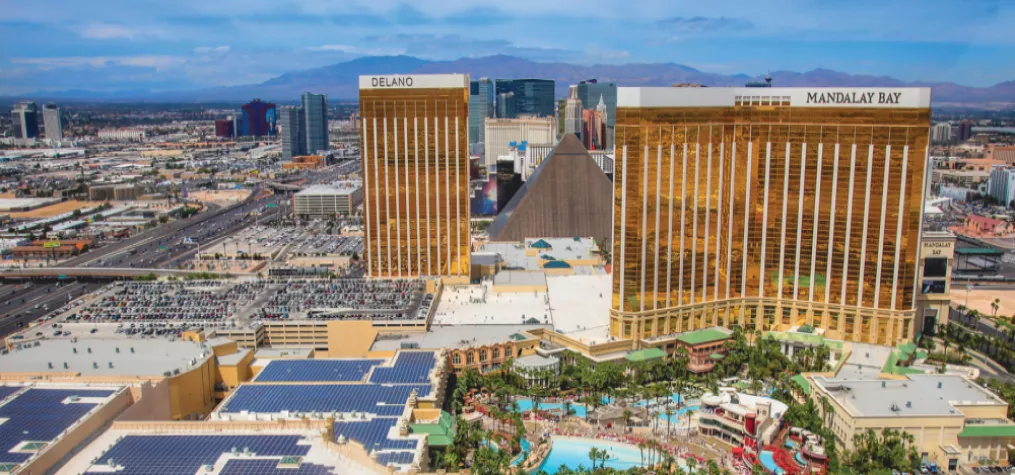Is Event Marketing Automation Right For You? Here’s How to Tell
Can life be easier for corporate event planners? The answer is yes, if they employ the right automation technologies to help them with planning and delivery of their events.
event-marketing
Can life be easier for corporate event planners? The answer is yes, if they employ the right automation technologies to help them with planning and delivery of their events.
Digitalization has been a boon for event marketers, providing new ways to automate processes, get work done from anywhere in the world, and gather more data to power better customer experiences. But there is also a negative: while attendees may want to focus on your content, there are so many digital distractions that it can be close to impossible for them to succeed. As a result, the desire for more human-to-human experiences at events is on the rise, according to Agency EA’s new 2020 Experiential Marketing Trends Report.
Mega-events such as CES and SXSW may grab the headlines, but in their shadows are the thousands of events serving specific niches.
By definition, a niche event is a highly-specialized event that focuses on a narrow market segment. Their numbers have grown in recent years and the organizations producing them have their own individual reasons, but the overarching reason is our desire for personalized experiences.
Every successful corporate event is powered by suppliers. Once you’ve found the right agency and/or suppliers to work with you, it’s impossible to underestimate the importance of the partnerships — because that’s truly what these relationships are. Together, you can make your events greater.
At the recent Kohler Food & Wine Festival last month, my husband and I kicked off the opening-night dinner event by taking a bite of something delicious: our own faces. It’s not what you might expect. Thanks to a cool company brought in by the event called Selffee, we had our photos taken, then printed onto iced sugar cookies — that were not only cute and fun to look at, but tasted delicious, too.
More than half of exhibiting companies don’t provide training for their exhibit staff, and as many as 86 percent of staffers have never received even one hour of training, according to trade show industry studies conducted by CEIR and Exhibit Surveys Inc., respectively.
We live in a world of data. We have the ability today to know more about our customers than ever before — their likes, their needs, their behaviors, their interactions with brands and much more. Thanks to advances in technology platforms, it is possible for event managers to connect the dots with the data they collect. Leveraging data insights can help prove the value of events as well as shape personalized marketing communications and in-person event experiences.
Members of Generation Z — loosely defined as people born between the years of 1995 and 2010 — are true digital natives, according to McKinsey & Company.
Event marketing technology firm Bizzabo recently won the SIIA CODiE award for best technology company, for the second year in a row. Bizzabo has raised $27M in new funding and more than doubled its revenue in the last year, with clients like Forbes, HubSpot and The Wall Street Journal.
Event marketers are used to seeing a lot of buzz onsite at their events. Between messaging pushed out by the host organization itself, social media sharing and media coverage, an event is a hive of marketing activity. But what’s often lacking, says Rachel Stephan, chief snöballer at snöball, is the authentic voice that comes from the people who are actually experiencing the event — the attendees, speakers, partners and exhibitors.
